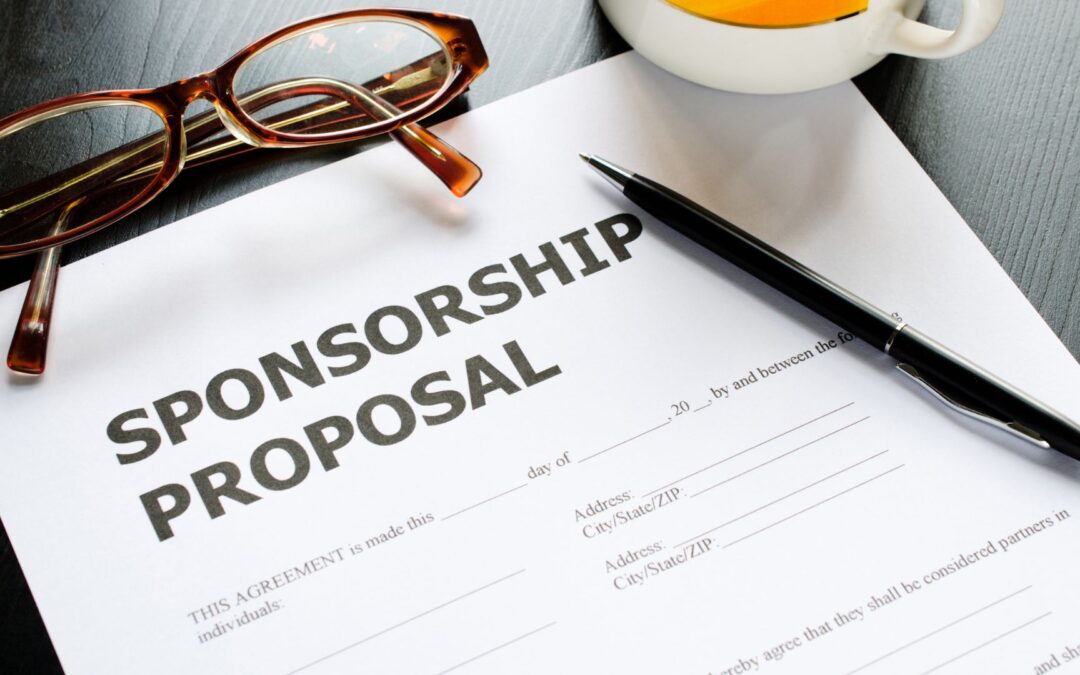If you’re a travel enthusiast, you’ve probably heard this statement at least once:
“Don’t worry just get someone to sponsor you”
It sounds simple. After all, if your uncle in the UK, auntie in Canada, or cousin in the US is willing to cover your bills, what could go wrong? Unfortunately, many Nigerians have faced refusal letters despite attaching glowing sponsorship letters. Why? Because a sponsorship letter is only the beginning, not the whole story.
At Loyalty travels and logistics Ltd, we’ve seen countless applicants who believed their sponsor’s letter was their “golden ticket.” Some even waved it proudly during consultations. But embassies don’t see things that way. Let’s break it down.
Why Embassies Don’t Fully Trust Sponsorship Letters
Visa officers ask a simple but tough question:
- How do I know this sponsor will actually pay?
- What is the relationship between applicant and sponsor?
- Does this arrangement make sense, or is it just a convenient excuse to migrate?
Remember, embassies are not doubting your uncle’s generosity. They are doubting if you, the applicant, have real capacity, intention, and plans beyond just depending on someone else’s money.
Common Mistakes Nigerians Make With Sponsorship Letters
- Submitting just one page of promise
Many people think one letter saying, “I will take care of all expenses” is enough. It isn’t. - No proof of financial capacity
If your sponsor cannot show consistent income, savings, or tax documents, the letter is empty. - Weak or unclear relationship
Sponsorship from a distant cousin you haven’t spoken to in years raises questions. Officers want to see genuine ties between sponsor and applicant. - Applicant’s own weakness
Even with a rich sponsor, if you as the applicant have no career path, education plan, or reason to return, your visa will still be denied.
How to Make Sponsorship Letters Work
Here’s what actually convinces embassies:
1. Sponsor’s Proof of Income and Stability
- Recent bank statements
- Pay slips or business documents
- Tax returns
- Employment verification letters
2. Sponsor’s Legal Status Abroad
- Copy of passport, visa, or residence permit
- Proof of address
- Utility bills (to confirm stability)
3. Clear Relationship Evidence
- Birth certificates, family tree documents, or old photos
- Consistent communication records
- Any previous support given (e.g., school fees)
4. Applicant’s Own Story
A sponsor is support, not a replacement for your credibility. You still need:
- Academic transcripts, admission letters, or career plans
- Proof of ties in Nigeria (family, business, education)
- A solid statement of purpose
Illustrations
One young Nigerian man applied for a UK student visa with a sponsorship letter from his uncle. The letter said the uncle would pay everything. But the application was refused. Why? No financial proof was attached.
When he reapplied through Loyalty Travels and Logistics Ltd, we restructured the application. This time, his uncle’s tax returns, six months of bank statements, and proof of their family link were added. We also worked on the applicant’s own statement of purpose to show his academic goals. His visa was approved.
Conclusion
A sponsorship letter is only as strong as the documents and story behind it. Embassies want to see capacity, relationship, and credibility, not just promises.
So, if your plan is to apply with “My uncle will pay” as your only evidence, pause. Build the full picture. That is how approvals come.
So, if your plan is to apply with ‘my uncle will pay’ as your only evidence, pause. Build the full picture. That is how approvals come.
At Loyalty Travels and logistics Ltd, we know exactly how to package sponsorship-based applications so they don’t look weak or incomplete. Before you submit, let us guide you.
Contact us today!
#JapaWithLoyalty #VisaSupport #TravelTips

